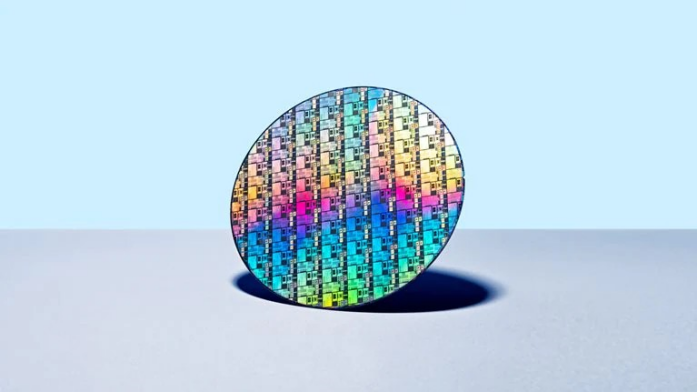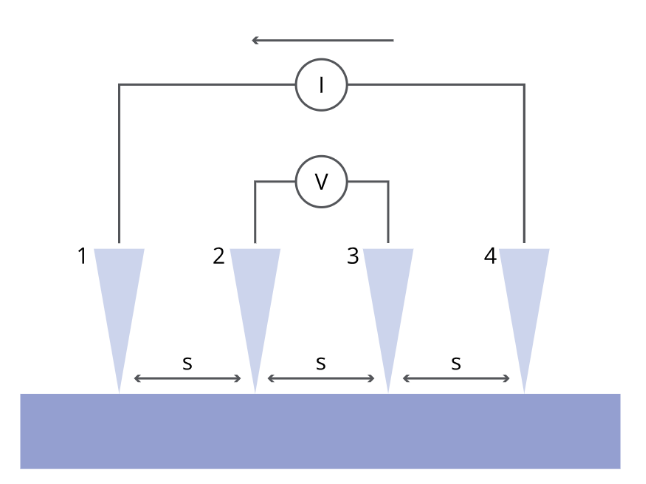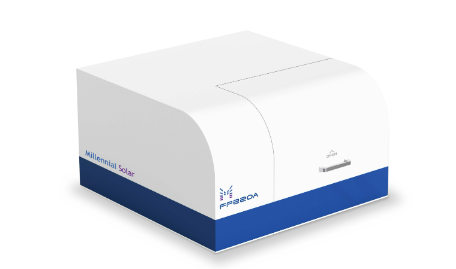
Quantum Efficiency Tester
PL/EL Integrated System
PV-Reflectumeter
3D Confocal Microscope
In-Line Four Point Probe Tester
Four Point Probe Tester
In-Line Thin Film Thickness Tester
Raman Spectrometer
FTIR Spectrometer
Spectrophotometer
Automatic Spectroscopic Ellipsometer
Contact Resistance Tester
Ultra depth of field 3D microscope
Auto Visual Tester
VMM PV Vision Measuring Machine
Solar Cell Horizontal Tensile Tester
Steady State Solar Simulator for Solar Cell
Solar Cell UV Aging Test Chamber
Solar Cell Comprehensive Tensile Tester
Visual Inspection Tester
Wet Leakage Current Tester
PV Module EL Tester
PV Module UV Preconditioning Chamber
Steady State Solar Simulator for PV Module
Current Continuous Monitor
Potential Induced Degradation Test
Bypass Diode Tester
LeTID Test System
Reverse Current Overload Tester
Impulse Voltage Tester
Hipot Insulation Tester
Ground Continuity Tester
Hipot Insulation Ground Tester
Damp Heat Test Chamber
Humidity Freeze Test
Thermal Cycle Test Chamber
Dynamic Mechanical Load Tester
Static Mechanical Load Tester
Hail Impact Tester
Robustness of Termination Tester
Module Breakage Tester
Cut Susceptibility Tester
Peel Shear Strength Tester
Universal Testing Machine (Single-arm)
Universal Testing Machine (Double-arm)
Glass Transmittance Tester
Acetic Acid Test Chamber
EVA Degree of Crosslinking Test System
Junction Box Comprehensive Tester
Drop ball tester
Semi-automatic scanning four-probe tester
Stylus Profilometer
Maximum Power Point Tracker
Perovskite Glass Transmittance Tester
Perovskite P1 Laser Scribing Multifunctional Testing Machine
Perovskite Online PL Tester
Perovskite Online Sheet Resistance Tester
Online Perovskite Film Thickness Tester
Perovskite Process Inspection Workstation
Portable IV Curve Tester
Portable EL Tester
Portable Thermal Imaging Tester
Solar Module Multi-Channel Testing System
PV Inverter Power Quality Tester
Drone EL Tester
IV Tester
IVEL Cell Sorting Machine
Sheet Resistance Testing Method - Four-probe Measurement Method
Date : 25 January 2024Views : 1070
Many important parameters of device materials are related to resistivity. Today, with the rapid development of photovoltaic and semiconductor industry processes, the resistance uniformity and electrical properties of materials have received widespread attention. When characterizing materials, accurate resistivity is critical, as it determines how well the material conducts electricity. The four-point probe measurement method has been widely used in semiconductor measurement technology. The Four-Point Probe Tester developed by Millennial Solar has an ultra-wide measurement range and ultra-high measurement accuracy, and can characterize various materials. In this issue of Millennial Solar, you will learn about the measurement methods for characterizing sheet resistance in materials.

Sheet resistance
Sheet resistance refers to the resistance from one side of a square thin film of conductive material to the other side. One characteristic of sheet resistance is that the resistance from edge to edge of a square of any size is the same, and the sheet resistance between any distance is the same. In this way, the sheet resistance is only related to factors such as the thickness of the conductive film. Sheet resistance measurements are commonly used to characterize the uniformity of conductive or semiconductive coatings and materials for quality assurance purposes. Typical applications include semiconductors and solar cells, functional materials, amorphous alloys, LCD panels, etc.
So how is the square resistance tested?
Four-probe measurement method
The most important technique for measuring sheet resistance is the four-probe measurement method. The four probes are equally spaced and shown to be in contact with the surface. Current (I) is injected through probe 1 and collected through probe 4, while the voltage between probes 2 and 3 is measured. It works by applying a DC current (I) between two external probes and measuring the resulting voltage drop between the two internal probes.

Four point probe diagram
Four-Point Probe Tester

E-mail: market@millennialsolar.com
Four-Point Probe Tester is specially designed for scientific research. It can quickly and automatically scan samples up to 220mm to obtain sheet resistance/resistivity distribution information at different locations of the sample. Dynamic test repeatability (close to real scenarios) can reach 0.2%, which is an industry-leading level. The ultra-wide measurement range of 0.1μΩ~100MΩ can cover most application scenarios and can be widely used in many fields such as photovoltaics, semiconductors, alloys, and ceramics.
● Ultra-wide measurement range of 0.1μΩ~100MΩ
● It can calculate the average sheet resistance between positive and negative currents to eliminate possible voltage deviations and improve measurement accuracy.
● Two measurement methods: "manual arbitrary point measurement" and "fully automatic multi-point scanning", multiple preset schemes
● The probe pressure is adjustable from 3-5N to prevent the probe from puncturing the film while providing good electrical contact.
Four-Point Probe Tester can perform simple and direct resistance measurements, and provides a wide range of probe types to suit and optimize the characteristic characterization measurements of different surface materials, bringing a better measurement experience to users in more industries!

































































